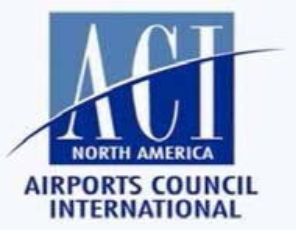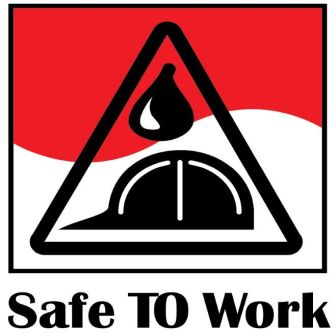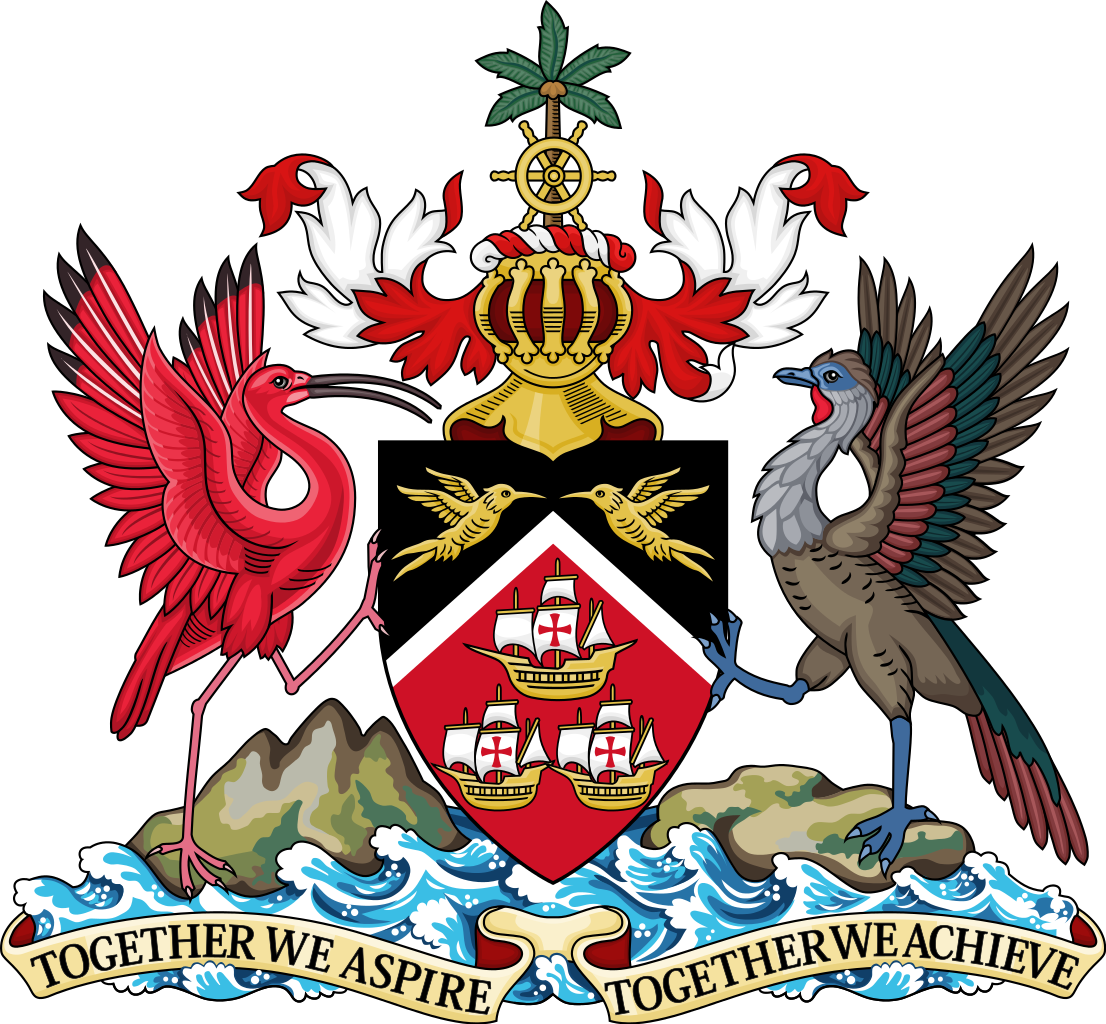Stow Certification
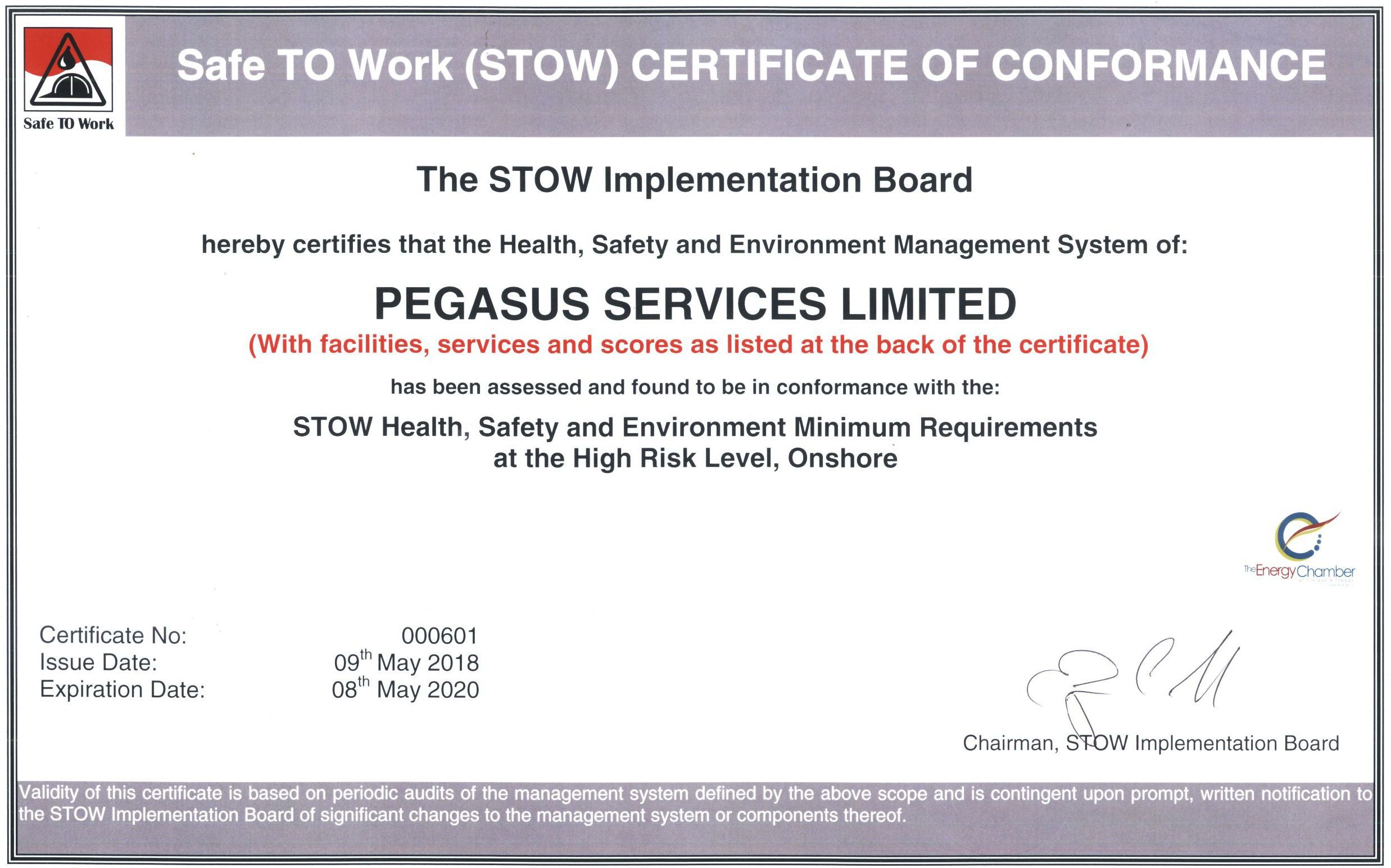
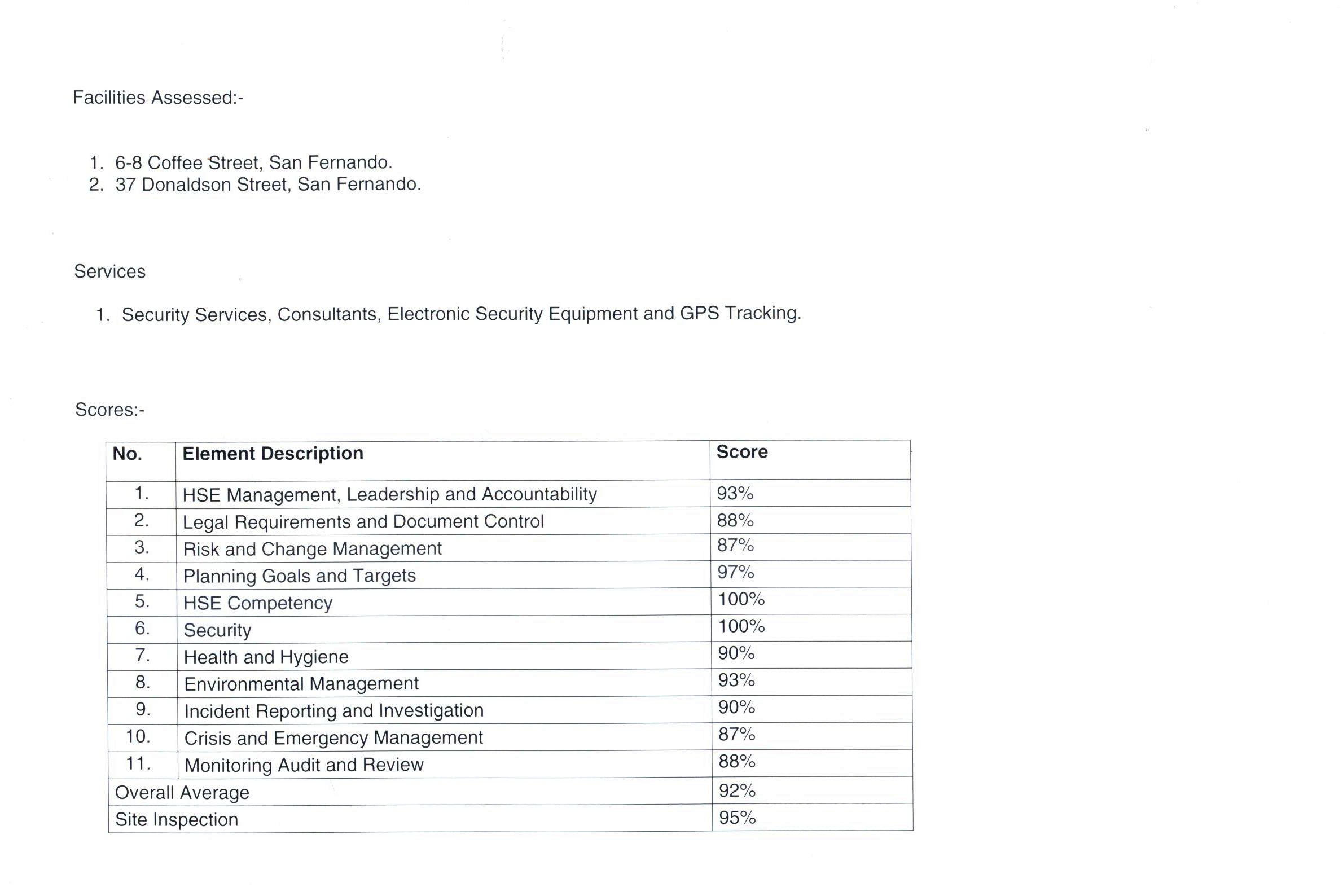
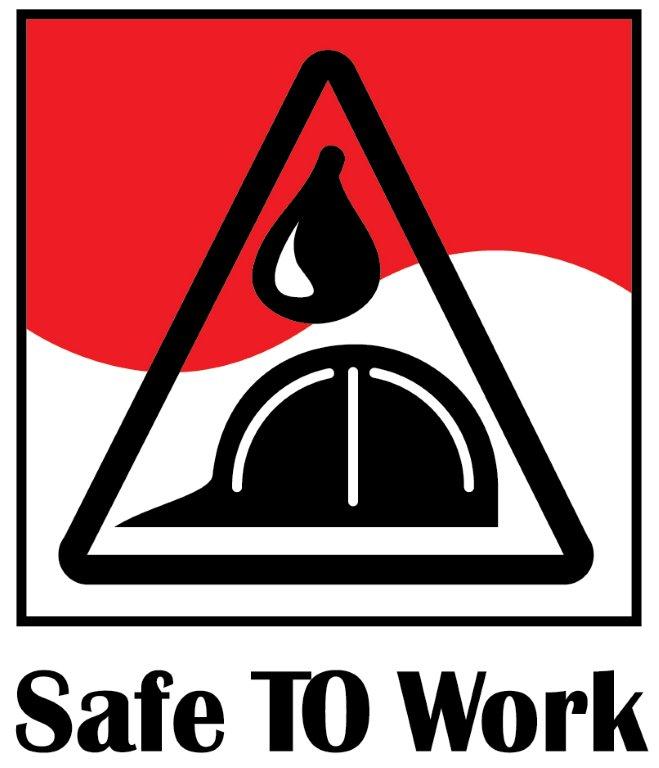
Safe TO Work (STOW) is a certification programme for contractors’ HSE management systems.
The Energy Chamber started the STOW programme in 2004 after hearing the complaints from its members in the energy service sector, who were experiencing challenges in meeting the range of health, safety and environmental (HSE) requirements among the major oil and gas operating companies. This made it difficult to prequalify for work and fully explore business opportunities in Trinidad and Tobago’s leading industry.
At the time, each upstream and downstream operating company managed contractor safety through their own company specific HSE requirements, usually adopted from the parent company abroad. While this approach worked for the operating company, it stifled the attempts of local contractors to offer their services to more than one operating company at any given time, mainly due to the cost factor for meeting the different requirements.
In 2005, the Energy Chamber developed the STOW project proposal identifying the need for consensus on the HSE requirements to prequalify service contractors across Trinidad and Tobago’s energy industry. The Energy Chamber approached the Inter-American Development Bank (IDB) for funding and initially received funds to conduct a mini project to set the parameters and get consensus among stakeholders for the STOW project.
In April 2006, the Energy Chamber signed an agreements with the Inter-American Development Bank (IADB) to implement the project ‘Improving Health, Safety and Environmental Standards in the Energy Sector’ using grand funds from the IADB’s Multilateral Investment Fund. The project is commonly referred to as Safe TO Work in Trinidad & Tobago (STOW-TT), STOW for short.


